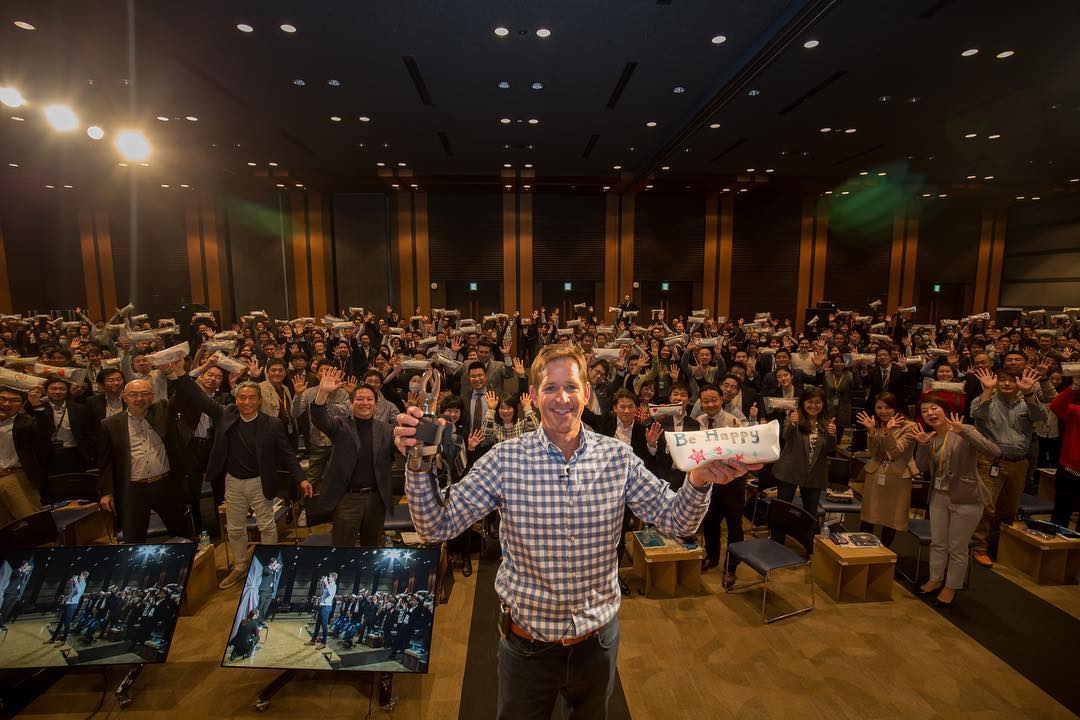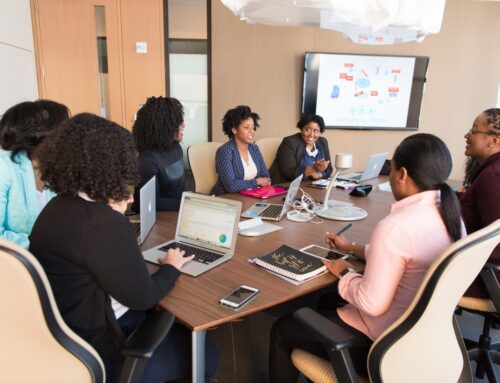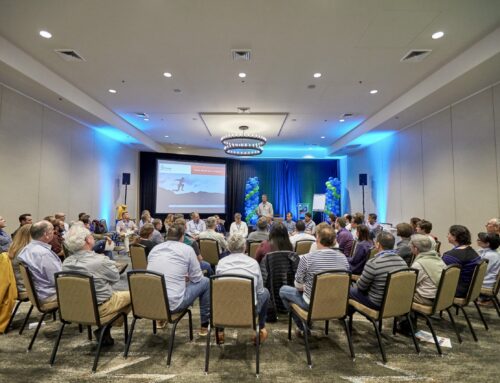As trainers, facilitators and L&D managers we are always looking for ways to make an experience more relevant, engaging and memorable. When we understand that these words are derived from thinking, doing and feeling, we can plan our training, leadership development, and teambuilding to be far more effective.
Here’s why and how:
Emotional memory is the basis for behavioral change. If we feel it, we remember it. ‘Feeling’ happens prior to ‘thinking’ with studies suggesting up to 80,000 times faster. Our thinking is developed based on what we feel and creates a cycle whereby thinking begins to influence our feeling and vice versa. When we have the opportunity to recognize this process, we have control over the time between stimulus and response. This is critical to self, team and organizational development.
Change readiness, adaptability, collaboration, leadership, culture, values and more can be influenced by experiences that simulate real life (business) and the dynamics between thinking and feeling. Or feeling and then thinking, as it were.
Give them something to THINK about:
The order can vary but it is important to understand that Something to THINK about means that it is relevant. If it has everything to do with what matters to you and your business, then the feeling and doing part of the equation are leveraged to their potential. This is where most ‘teambuilding’ fails – it is simply irrelevant to what matters and/or the facilitator is unable to make it relevant. The use of metaphors and the skill of generating authentic dialogue cannot be understated. Something to think about = relevant. DIGA me, means ‘tell me’ in Spanish. It is also an acronym for Describe, Interpret, Generalize, and Apply. An effective facilitator is able to move through these facets of learning with fluidity.
Give them something to DO:
Doing is synonymous with engagement, execution and experience. If it is not engaging and/or requires execution, it will lack the necessary thinking and feeling required for self, team and organizational improvement. This is the difference between an experience and experiential learning. The activity or simulation should trigger an interest in participation. If it is meaningful you will increase engagement, execution and experience. This is why Odyssey Teams pioneered service-learning which became the tipping point for Corporate Social Responsibility as a relevant business value. Something to DO = engagement, execution and experience.
Give them something to FEEL:
This is the power of emotional memory. If it is memorable it will lead to behavioral change. You cannot talk about change-readiness without a change in the relationship between feeling, thinking and the subsequent ‘doing’. Mapping this memory to your team and business is critical whether overtly or covertly. When the feeling is generated by individual goals and a sense of purpose you have leveraged the potential of that feeling in a way that changes the world.
Odyssey Teams programs will give you something to THINK about, something to DO and something to FEEL. Contact us today!
Written by Bill John, CEO of Odyssey Teams







Leave A Comment
You must be logged in to post a comment.